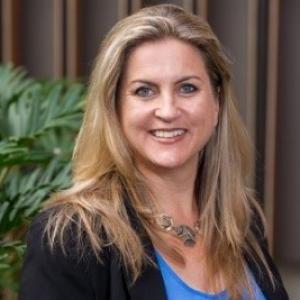Assessment Details: Essential to any entrepreneurial venture is a feasibility analysis. This assessment requires students to partner up with an existing Tourism and Hospitality business wishing to implement an innovation and complete a comprehensive feasibility analysis that will comprise the following elements:
- A detailed market analysis and identification of the key target market for the innovation
- A comprehensive competitor analysis and competitive strategy
- An analysis of the external environmental forces that are likely to influence the success or failure of the innovation
- A completed Business Model Canvas (BMC)
- Recommendations that speak to the feasibility of the idea, its implementation OR suggestions regarding potential modifications that students believe will enhance its success.
All reports must have an Executive Summary, Table of Contents and an Introduction outlining the scope of the task and the report contents. Word Count is a minimum of 4000 and a maximum of 5000 words.
Industry Partners: At the beginning of semester, a spreadsheet listing 25 to 30 Australian Tourism and Hospitality Businesses who have volunteered to participate in this live client project will be available for students. Once students have formed their teams, the team is then assigned a business and innovation to work with. Each business completes a proforma that provides students with details regarding the background of the business and the innovation they would like students to explore.
Criteria & Marking: A detailed assessment rubric is made available to students in Week 1 of Semester



